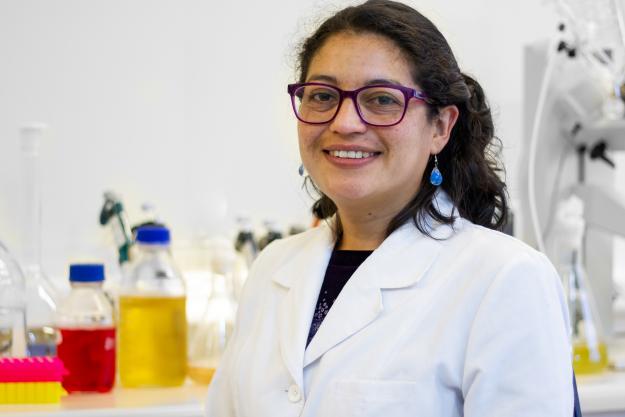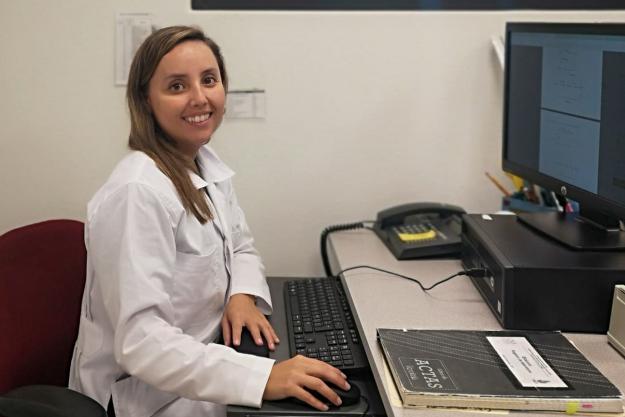Analytical chemists from Latin America and the Caribbean (GRULAC) advanced their skills in the analysis of chemicals controlled under the Chemical Weapons Convention (CWC) during an online course conducted by the Organisation for the Prohibition of Chemical Weapons (OPCW) from 22 November to 3 December.
In his opening remarks, Head of the National Authority of Spain, Mr Fernando Borreda, reiterated the active role played by Spain in supporting different activities of the OPCW. He also highlighted the importance of the GRULAC courses and reaffirmed the intention of the Spain to continue its participation in this course and other future initiatives.
Senior OPCW Programme Officer said: "This training will not only arm the participants with knowledge of cutting-edge methodologies of chemical analysis but will also be instrumental in building partnerships and promoting cooperation in the use of chemistry for peaceful and authorised purposes in the region."

During the intensive two-week programme, 15 participants from 11 OPCW Member States mastered the theory and practice of advanced analytical techniques, sample preparation, and interpretation of mass spectra of chemicals.
Attendees further learned about the maintenance of laboratory equipment, quality assurance systems in chemical analysis, and opportunities for chemists under the OPCW capacity building programmes.
The training was hosted by the Laboratory for the Verification of Chemical Weapons (LAVEMA) of the National Institute of Aerospace Technology (INTA). LAVEMA is a long-term member of the OPCW designated laboratory network.
The following OPCW Member States benefited from the training: Argentina, Bolivia, Brazil, Chile, Colombia, Costa Rica, Ecuador, Guatemala, Mexico, Peru, and Uruguay.

Background
As the implementing body for the Chemical Weapons Convention, the OPCW, with its 193 Member States, oversees the global endeavour to permanently eliminate chemical weapons. Since the Convention's entry into force in 1997, it is the most successful disarmament treaty eliminating an entire class of weapons of mass destruction.
Over 98% of all declared chemical weapon stockpiles have been destroyed under OPCW verification. For its extensive efforts in eliminating chemical weapons, the OPCW received the 2013 Nobel Peace Prize.






